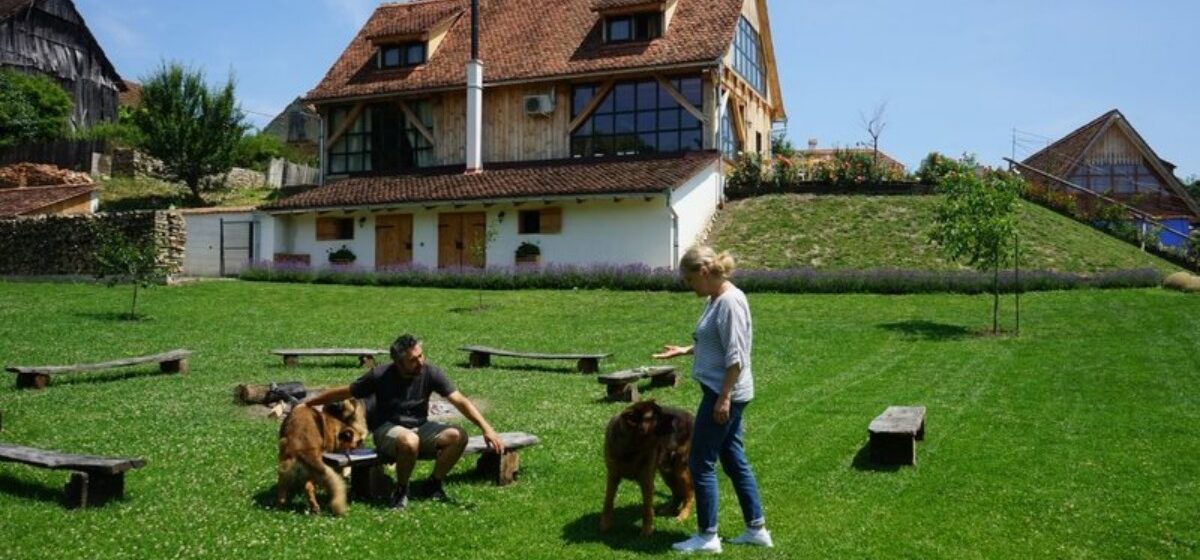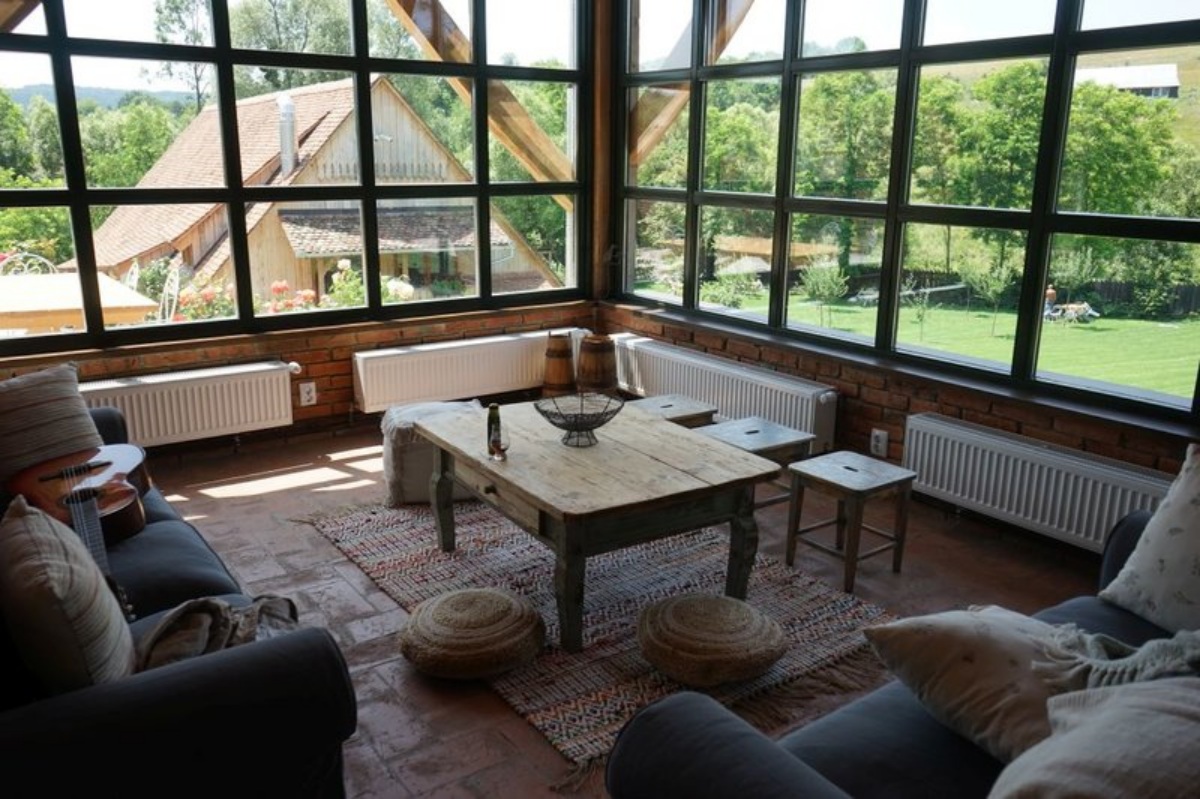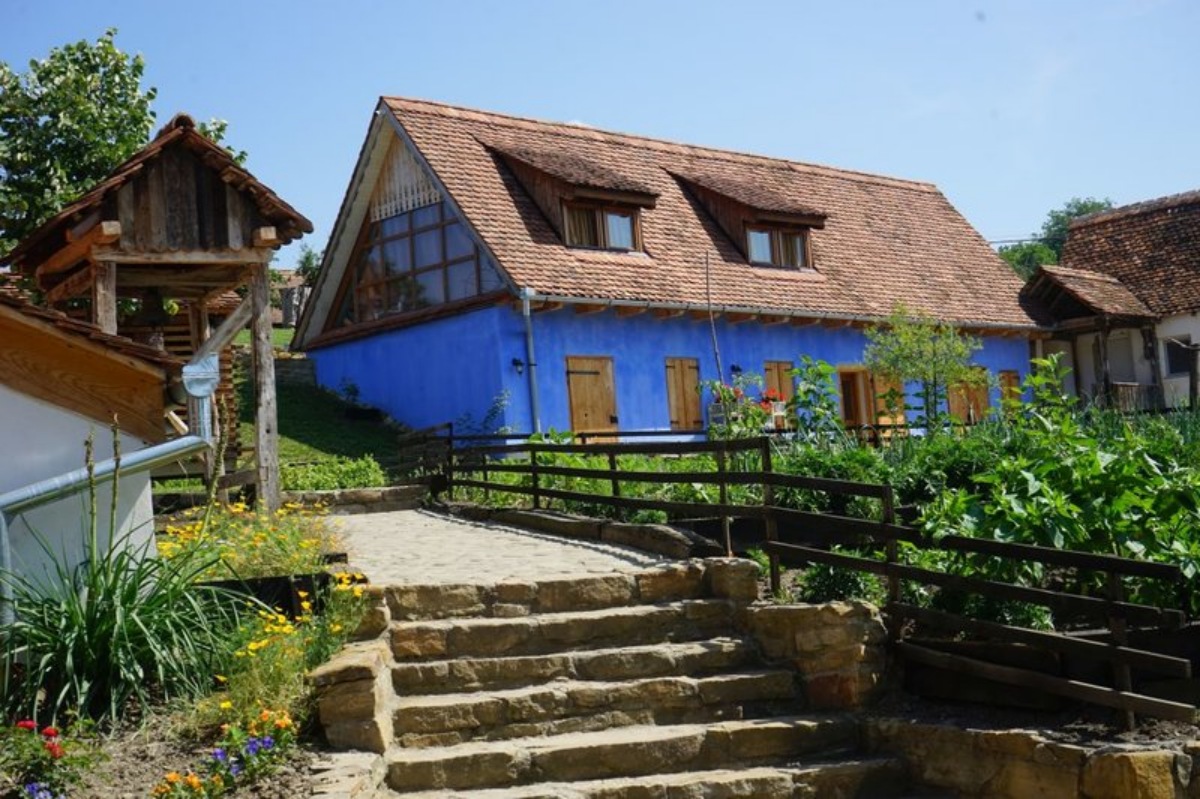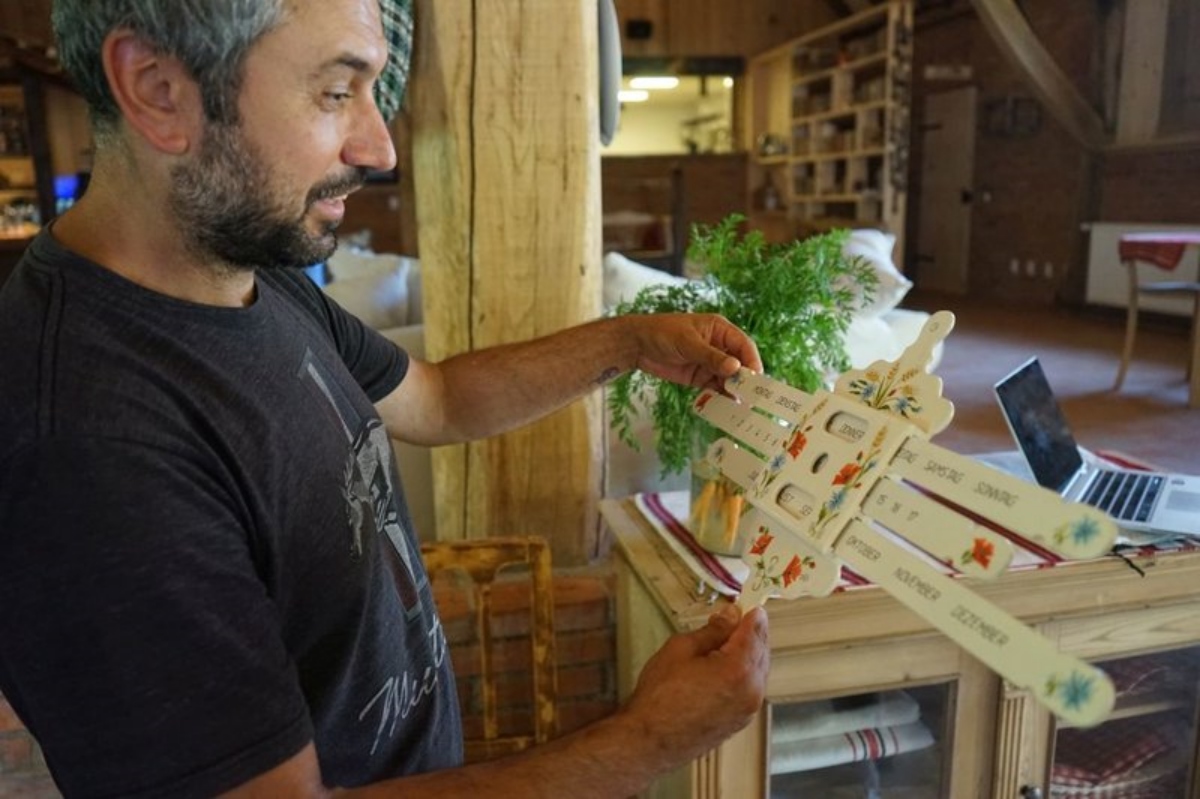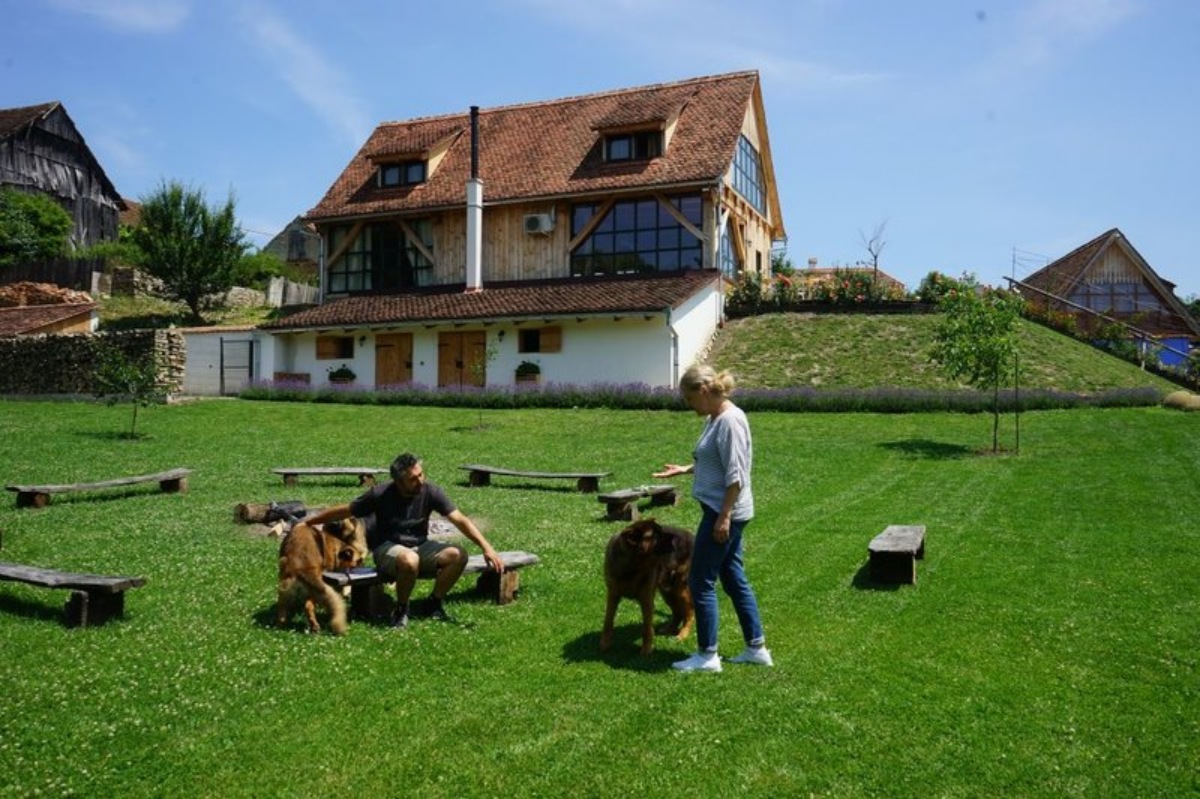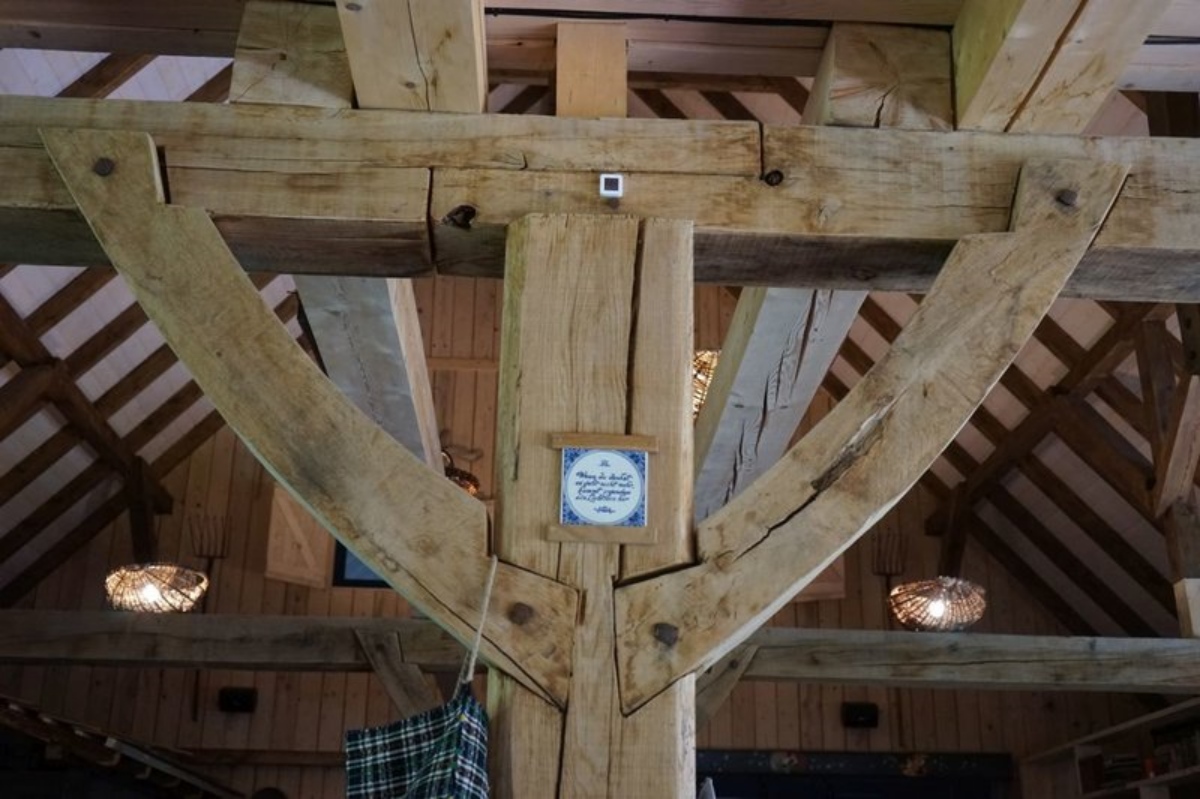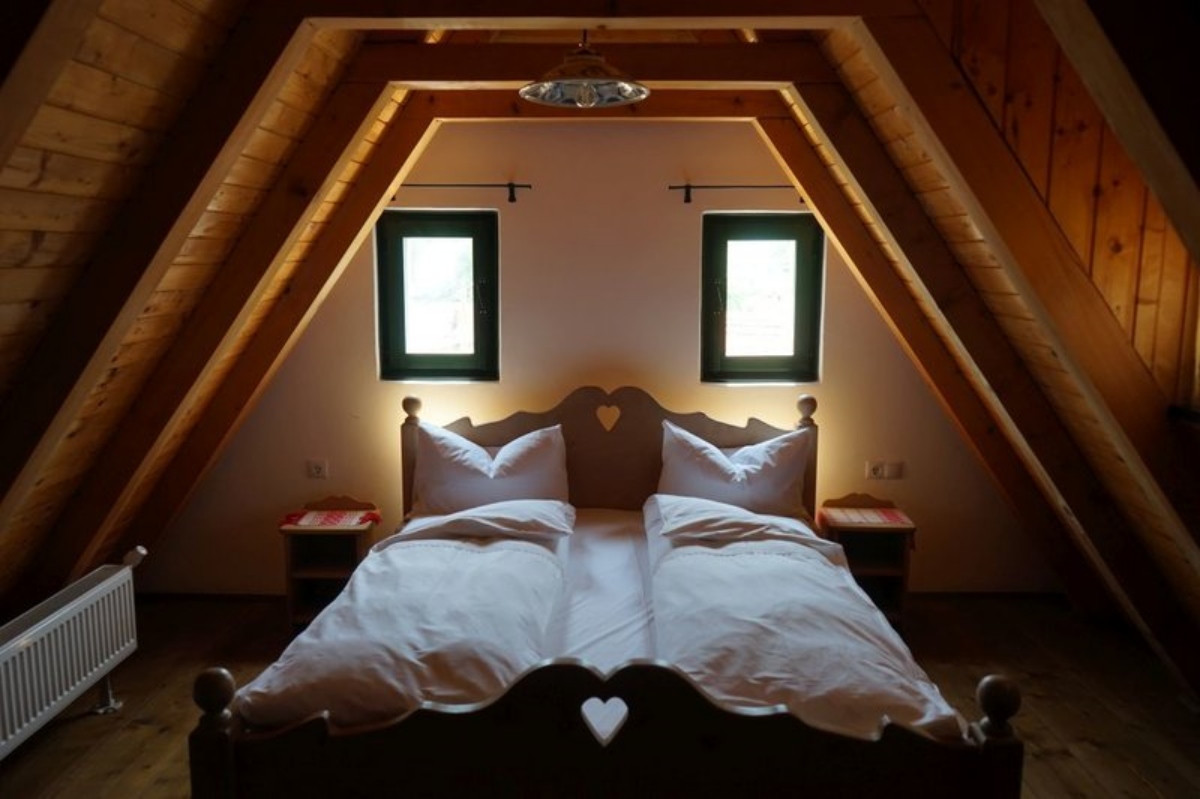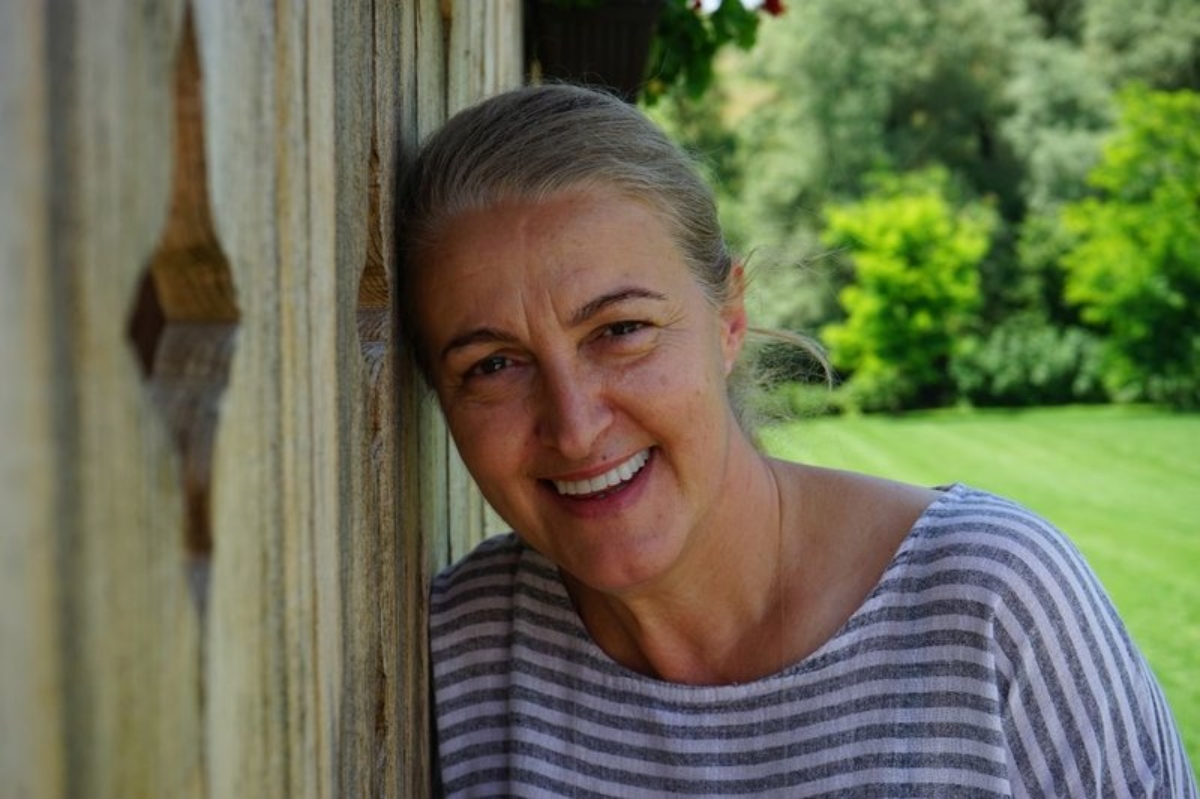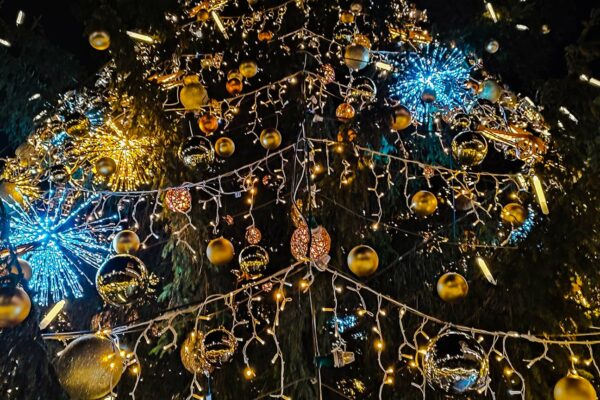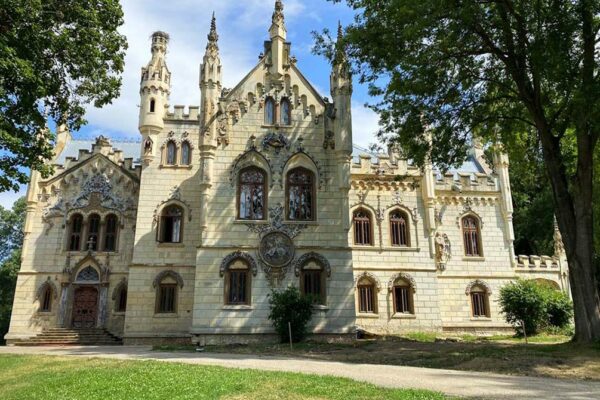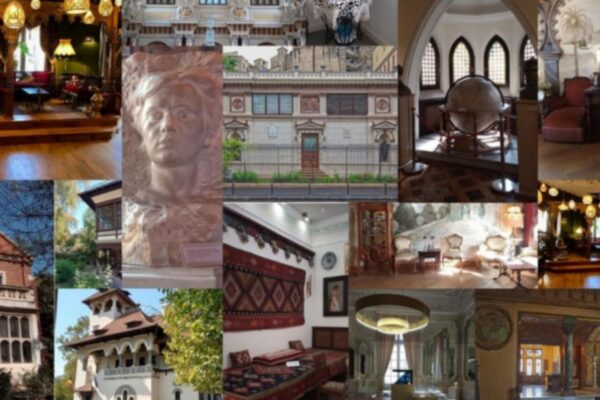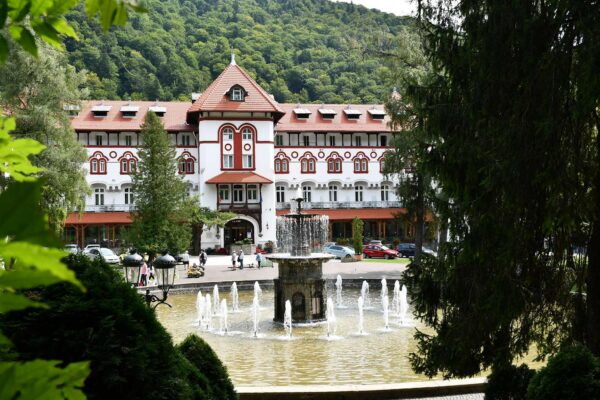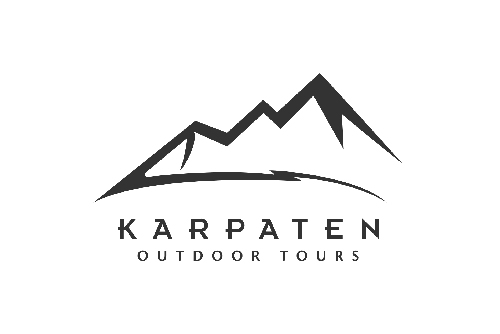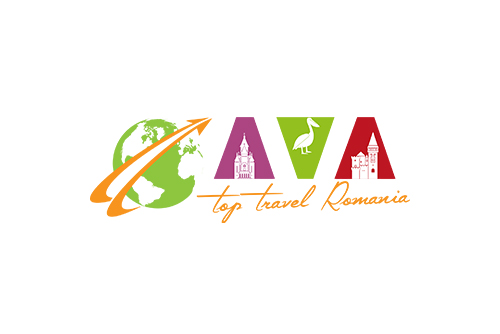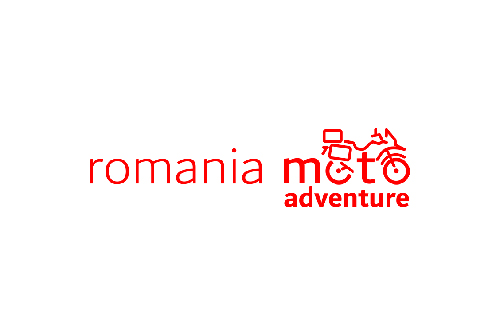
Discover Romania | Use our powerful search function
3 November 2023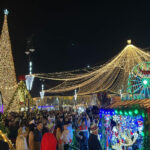
Sibiu’s Christmas Market | A journey of the heart through the winter wonderland
6 November 2023Paradise at the end of the world | Gospodăria Cobor: getting off and never wanting to leave…
It’s a nice play on words: “Cobor” in Romanian means I dismount or get off – from the horse, from the bike, from the car. But who gets lost in Cobor in Transylvania? Camelia and Silviu Petre, for example, seven years ago, and without knowing where they had actually ended up. The abandoned-looking village, the dilapidated houses, the old reformed church, to which they first had to fight their way through man-high undergrowth, fascinated the couple straight away. Above all, however, they were fascinated by the fact that they didn’t encounter a soul or a car during the hour they spent exploring the dusty gravel paths. Heavenly peace! Divine seclusion! A sunken paradise! At that time, the spouses confessed to a previously unknown heart’s desire: Each of them had secretly dreamed of living in a place like this!
On June 1 of this year, the dream officially came true: At the “Gospodăria Cobor”, at the end of the village of the same name, which belongs to the municipality of Deutsch-Tekes/Ticușu Vechi in the district of Kronstadt/Brașov, anyone can now drop in or out – and enjoy the magnificent landscape, the paradisiacal tranquillity that so fascinated the Petres, in an ambience that gives the experience a worthy setting. Just as much comfort as you need. But original beauty in abundance: the charm of nature in bloom, the variety of simple architectural elements, the coziness of traditional rural art, typical of the region, Transylvanian. You won’t find a pool or fitness room here. Instead, carved decorative spoons hang on the wall. Light bulbs from woven baskets shine from the beams of the “culinary barn” in front of painted coat rails. German literature can also be found on the bookshelf below – recently the “Komm mit” 2020 and soon probably the ADZ. As a printed newspaper, as the Petres assure us, although it is clear that it will only be delivered here once a week at most, perhaps even by horse and cart…
But we don’t know any of this when we stand in front of the gate with the number 199 on July 12, full of anticipation – actually just a trip on vacation, but because we had been told and told off, with camera and reporting equipment. The gate creaks open. Not a soul to be seen, just flower-lined paths and wooden steps climbing up gentle hills. Ornate buildings in wood and Transylvanian blue nestle on a slope dotted with rose bushes. At the top of a rustic staircase is a glazed barn that elicits a spontaneous “Wow!”. What world have we landed in here? – And at the end of the world.
One slope, seven little houses, one dream
Camelia Petre welcomes us into the “culinary barn”, a light and airy dining room with beams as thick as a man, red and white checkered tablecloths, a Saxon tiled stove and a huge garden with shaded tables and a campfire area behind it. Two sheepdogs shuffle up: Trans and Ilvania, she introduces with a smile. Elderberry lemonade, coffee, apricot cake? A lawnmower hums in the background: preparation for the weekend. The property is surrounded by pastureland and woodland, a small stream babbles behind the wooden fence. It’s hard to imagine anything more idyllic, and while we wait for Silviu Petre, we explore the decor. In the washrooms: enameled bowls on a wooden plate, the doors of the “ladies” and “gentlemen” marked with corresponding straw hats. The carved spoons, the earthen jug, the painted caliper calendar with days, weeks and months to adjust – everything has found its place, lovingly arranged, nothing seems overloaded.
“Even as a small child, I dreamed of having my own little village where I wanted to found a community,” Camelia Petre, who grew up in Zeiden/Codlea, begins to tell the story. “Among Saxons, I also have a Saxon aunt by marriage and have always been fascinated by the Transylvanian Saxons.” Silviu, who comes from Ploie{ti, had no such background. “But we are both very connected to the earth and returning to our roots has always been important to us.” So they also enjoyed driving overland in their free time, until fate brought them to Cobor on the way to Bekokten/B˛rcu]. “We stopped at the church, fascinated, fighting our way through the weeds that clung to us everywhere. It was scorching hot and the village looked completely deserted.” The experience was so memorable that the decision was soon made to move to the countryside at some point.
Two years later, they explored the region again on their bikes. “When we passed through Halmeag, I said: What a great village – you should buy a house here,” Silviu Petre enthuses. They came back the very next day and actually found something suitable, “but the people didn’t have any files and so, with a heavy heart, we let it go.”
A week later, Camelia heard about another lonely village: Cobor. That same weekend, they drove there from Cluj-Napoca, where they ran an Irish pub at the time. “And that’s when we recognized our old village – it was like a miracle!” recalls Camelia. They searched the internet for offers for sale in Cobor. “Within a week, we bought our first house – without any documents, just a handshake and signature in front of witnesses,” laughs Silviu.
Soon the first neighbor asked: Wouldn’t you like to buy my house too? And so did the one opposite. “We wanted a bigger garden, maybe a bed and breakfast next to us – an alternative to the city for vacations and weekends,” the Petres motivated the second and third purchase – and the neighbors came back with more offers. One of them offered them 50 sheep, “I paid for them but never saw a sheep, we left them at the mountain hut,” Silviu admits with amusement. The next time they were offered a house, he said they had no more money. “Then the man suggested giving me 30 of your sheep and the difference in money. After that, I still had 20 sheep, which we gave away to poor people in the village at Easter – and that’s how I got rid of the sheep again,” he laughs.
Now the Petres owned a hillside with seven houses, one more dilapidated than the other, one barn had recently burned down… “We asked ourselves the question, what do we do with it now? As we had no files, we couldn’t apply for any money to rebuild it.” Without further ado, they sold their apartments, took out a loan and were supported by their parents and children. “My father was a mathematics professor, he gave us all his savings from his pension – that was a lot of money for him,” Silviu recounts with emotion. “Daughter Sara also helped us,” adds Camelia. Every penny was invested in their shared dream. It took five years to set up the “Gospod˛ria Cobor”.
Monumental task with obstacles
How do you build a barn on your own? How do you find skilled workers in the countryside? Silviu Petre, who used to have a construction company, laughs knowingly at these questions. Because everything is different in the village. At first, there were plenty of workers offering their services: “Domnul Silviu, do you need help?” – “What can you do?” – “Herding animals.” They did find a young man in the neighboring village who had always watched the craftsmen since childhood and had copied a few things – “but you have to supervise everyone else, every step, he’s just an executant, he can’t calculate an angle,” he says, describing the adventure. “And people only come when they need money” – after three or four days they stay away with all kinds of excuses.
“You watch all the YouTube films about barn renovations, you stop at every roadside where there’s construction, you take photos, document, ask people you know,” he continues. They followed the Monumentum association on Facebook with their ambulance for monuments and went there when they were nearby… “Then you ask, why is this beam connection like this and not like that?”
Most of the buildings on their hillside were actually ruins, the roofs were broken, a tree had grown through, Silviu explains. “In principle, we rebuilt everything, but tried to preserve the footprint of the old houses. Nothing has changed in terms of style, we have even reconstructed the roof type or the beam connections true to the original. The roof tiles have the same shape, we brought them from derelict buildings in Großau.”
“It’s hard to work in a place where you don’t have anyone,” Silviu sums up. And muses: “Many people have asked themselves about us: why did they come here? People don’t understand when you want to do something for your soul without thinking about material gain. If we had put the money aside, we would be rich today! But we wanted to realize our dream.” Lächelnd fügt er an: „Und so sage ich auch, wenn jemand rät, in dieses Zimmer passt doch noch ein Schlafsofa rein: Nein, das wäre überladen. Das Gästezimmer muss so sein, wie ich an diesem Ort würde wohnen wollen.“
Quiet, village life and culinary delights
The “Gospod˛rie Cobor” was opened on June 1 this year. With neat guest houses, a barn with a panoramic view, 12 beds in which they themselves sleep, always living out of their suitcases, “the sound of the zipper as a constant companion,” jokes Camelia. Each time they move into a different room, “so we get to know our rooms”. During the week, she commutes to Kronstadt to run the Irish pub. “Someone has to earn money,” jokes Silviu, who is currently training three employees from the village.
At the weekend, Camelia and her daughter Sara are in the kitchen conjuring up menus for the culinary barn, inspired by their friend and celebrity chef Dana Graura. On Saturdays and Sundays, they open their doors from midday for day trippers, cyclists and tourists who just want to stop for a bite to eat. “There’s nothing else in the area.” Every Thursday, the menu of the week is announced on Facebook , which always focuses on a fruit or vegetable from their own garden. “Once the strawberry was even in the salad. Now Dana wants to make parsley the star.” The concept has been astonishingly successful, now you even have to book a table at the end of the world…
Guests should experience exactly what fascinates the Petres about this place: Peace and quiet, clean air, authentic village life, interaction with animals – all things that are becoming increasingly rare in the world. That’s why Silviu hopes that the roads will remain unpaved and Camelia wants to make sure that there might soon be a herd of cows again. The
So far, the “Gospodăria Cobor” is not yet on any booking platform and is not a member of any ecotourism associations. Advertising goes from word of mouth. “And that has to be the case, because we want to grow slowly – and with quality.”
Camelia remembers the moment when strangers entered her life’s work for the first time. “I stood back and watched from a distance and heard them murmuring: Wow – wow! For many years, only we had known this place. I was so moved that it brought tears to my eyes… We are both very exhausted now after this difficult time, but we keep experiencing things like this. And that gives us strength!”
ADZ | Allgemeine Deutsche Zeitung für Rumänien
Text: Nina May | Images: George Dumitriu

